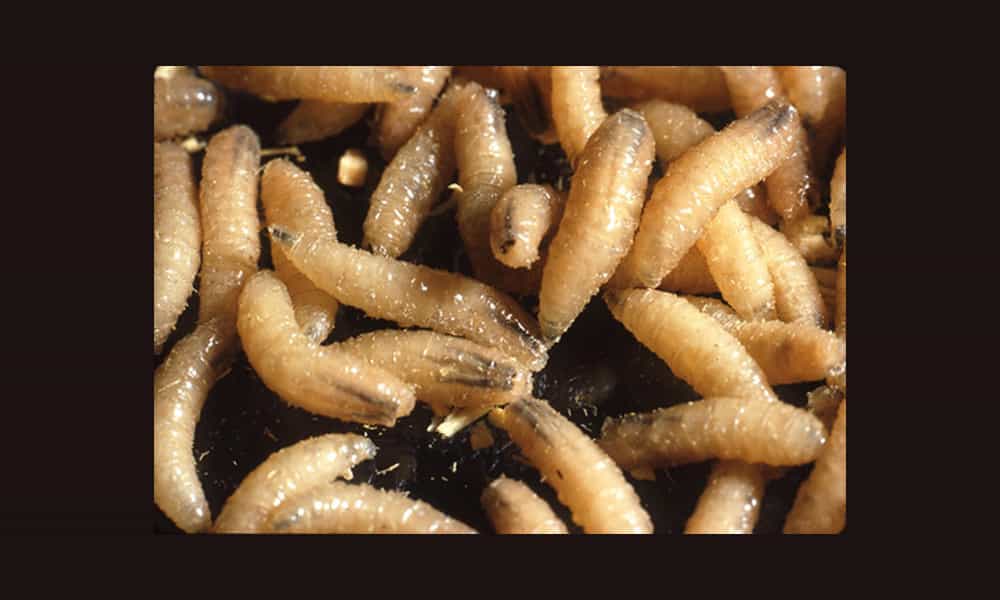Costa Rican health authorities reported on Wednesday the first death from a parasitic disease caused by the screwworm, a larva that flies deposit in wounds and mucous membranes of warm-blooded animals.
“Seven laboratory-confirmed cases have been reported,” said Dr. María Luisa Ortiz, general director of Health, in a video provided to the press. The deceased is a 19-year-old woman from the province of Guanacaste (northeast of Costa Rica), with a diagnosis of the parasitic disease “screwworm myiasis,” in addition to “other chronic pathologies” that affected her health, she said.
The young woman had a lesion in her mouth where larvae of the Cochliomyia hominivorax fly were detected, Ortiz added. Symptoms in humans, according to the Ministry of Health, may include pain, intense itching, skin erythema, skin nodules, a suppurating wound, and the presence of a painful protuberance on the skin.
The screwworm usually affects cattle, sheep, and goats, but any warm-blooded animal is susceptible to infection, the National Animal Health Service noted.
According to the agency, Costa Rica had declared itself free of the disease in 2000, which was first detected in 1858 in Guyana and is present in the countries of northern South America, Central America, the United States, and some Caribbean countries.






